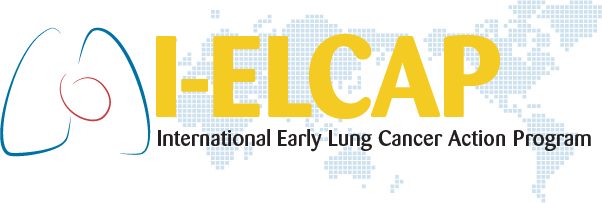Why Get Screened?
Getting Screened
I-ELCAP’s lung cancer screening program involves getting regular low-dose CT scans that let doctors look for abnormalities like cancer. For most people, the scans are done once per year; if a scan shows something that may be an early cancer, the scans may be done more frequently to monitor for changes.
CT scans are painless, and the low-dose CT scans used for lung cancer screening expose patients to roughly the same amount of radiation as a mammogram. The cost of a CT scan varies depending on where you get it, but is generally between $200 and $500. You may also want to read about the FAMRI and Legacy studies, which offer screening at no cost to those who qualify.
If you are concerned about your lung cancer risk and wonder if you should be getting screened, you should talk it over with your doctor. We also encourage you to spend some time browsing the information on this site to help you understand lung cancer and lung cancer screening.
There are dozens of I-ELCAP member sites around the world, providing lung cancer screening based on I-ELCAP’s research and standards. You can search for an I-ELCAP screening site here.
Why would I want to have a lung cancer screening CT?
If you are at risk of lung cancer, you may want to have low-dose CT scan that can help detect lung cancer at its earliest and most curable stage. The best hope for curing lung cancer is finding it as early as possible. The Early Lung Cancer Action Program (ELCAP research showed that annual CT screening can find 85% of lung cancers in their earliest, most curable stage (Lancet 1999; 354:99-105). A CT scan can detect tiny spots on your lungs (called ‘nodules’) that may indicate lung cancer in this early stage (New England Journal of Medicine 2006; 355: 1763-1771). The ELCAP research results together with the National Lung Screening Trial (NLST) (New England Journal of Medicine 2011; 365:395-409) results led to the current recommended program of clinical screening.
